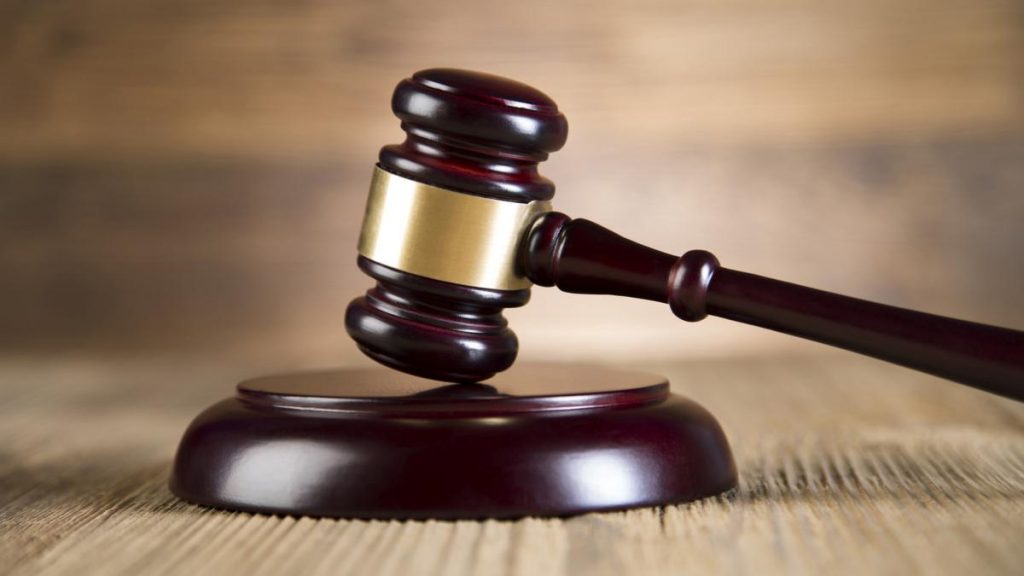The Supreme Court on Friday struck out the suit filed by the Cross River State Government challenging the suspension of the former Chief Justice of Nigeria (CJN), Justice Walter Onnoghen.
In a dissenting judgment of 6-to-1, the seven-member panel of justices of the apex court struck out the suit on the grounds that the plaintiff, Government of Cross River State, lacked the locus standi to institute the suit on behalf of Justice Onnoghen.
The government of Cross River State through its attorney general had dragged the federal government and President Muhammadu Buhari before the apex court over the suspension of Onnoghen based on the order of the Code of Conduct Tribunal (CCT) on January 25.
In the lead judgment prepared by Justice Olulayode Ariwoola, and read by Justice Paul Galinje, the Supreme Court held that the federal government does not have a dispute with the government of Cross River State.
The Supreme Court’s decision was sequel to the preliminary objection raised by the Attorney-General of the Federation (AGF) challenging the competence of the suit.
The seven-man panel led by Justice Olabode Rhodes-Vivour, also held that the Supreme Court was not the appropriate forum to ventilate whatever grievances the plaintiff might have in connection with the case.
But in a dissenting judgment, a member of the panel, Justice Mary Peter-Odilli, granted all the reliefs sought by the plaintiff after holding that it has the locus standi to institute the action.
Justice Odilli, who dismissed the preliminary objection filed by the federal government held that it was proper for the plaintiff to bring the action having been clothed with locus standi.
She ruled that the 23rd January 2019 order issued by the CCT on which President Muhammadu Buhari acted to suspend Justice Onnoghen was wrong as the tribunal had no jurisdiction to entertain the charges instituted.
She held that not having been disciplined by the NJC, the CCT lacked jurisdiction to hear the false and non-declaration of assets charges instituted against Justice Onnoghen.
Accordingly, she held that as a judicial officer, the matter ought to have been handled by the National Judicial Council (NJC) first as in Nganjiwa Vs Federal Republic of Nigeria (2017).

